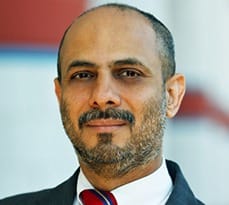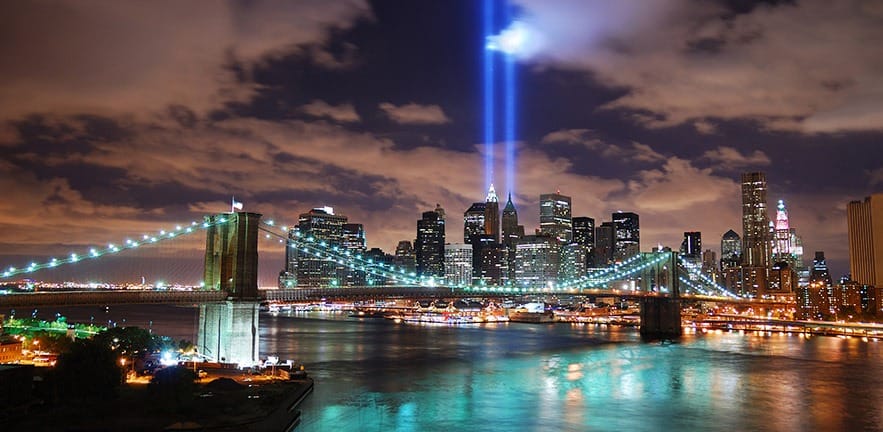CEOs at firms near terrorist attacks earn 8.8 per cent “compensation premium” over CEOs employed far from attacks, finds new study co-authored at Cambridge Judge Business School.
Chief executives employed at companies near terrorist attacks earn an 8.8 per cent “compensation premium” compared to CEOs at firms far from attacks, and powerful CEOs appear able to use such attacks to negotiate pay rises, says a new study co-authored at Cambridge Judge Business School.

“The effect is causal – terrorist attacks lead to changes in pay levels,” concludes the study co-authored by Raghu Rau, Sir Evelyn de Rothschild Professor of Finance at Cambridge Judge.
The study, based on 2,754 publicly listed US firms between 1992 and 2013, finds further that CEO pay increases following attacks are cash-based, reflecting a general risk aversion of top managers and a related preference for compensation that minimises personal risks.
“To summarise our results, we find that CEO pay increases following attacks, and the increase is only in cash compensation, not in equity-based compensation,” says the paper. “We also find strong evidence for a CEO bargaining power story. In particular, powerful CEOs appear to be better able to use terrorist attacks to negotiate pay increases for themselves.”
The potential implications: “Given that terrorist attacks are becoming more widespread, the impact they have on executive compensation may have the potential to alter the way CEO compensation contracts are structured around the world, and affect the labour cost of firms,” the study says. “CEOs living in less safe cities may prefer to be granted a larger share of their compensation in the form of cash payments in order to mitigate future uncertainty that may adversely impact stock-based payments.”
Last year’s Annual Global CEO Survey by PricewaterhouseCoopers found that “geopolitical uncertainty (exacerbated by regional conflicts and increased terrorism attacks) is a top concern for nearly three-quarters of CEOs.”
The new research is based on tracking 569 terrorist attacks during the study period as compiled in the Global Terrorism Database by the Institute for Economics and Peace, and firms headquartered within 50 miles of the attacks (with robustness checks at 30 miles and 100 miles). Compensation including salary, bonus, options and stock awards are based on ExecuComp and stock prices on the Center for Research in Security Prices.
“On average, we found that CEOs working in proximity to terrorist attacks received a premium of 8.8 per cent,” said Professor Rau. “This premium holds after controlling for other factors that might affect the results, including cost of living, tax, urban agglomeration, and the general living environment for the state where the company is based.” The study also controls for firm-specific characteristics such as size, leverage, volatility and capital expenditure to assets, as well as CEO age and CEO share ownership proportion.
The authors pose the question why firms may choose to pay a terrorism-linked compensation premium rather than moving to a safer location, before noting that relocation of corporate headquarters is rare.
While the research suggests that powerful CEOs are able to use terrorist attacks to boost their pay level or alter their compensation structure, the study says it’s also plausible that companies grant more power to their CEOs following terrorist attacks to help ensure strong leadership in times of stress.
Professor Rau notes that while there has been much research over the past 30 years into the level of CEO compensation at industry or country level, relatively few papers have explored how non-monetary factors affect executive compensation – so the research can help shed light on other such non-monetary factors.
The research paper – entitled “An ill wind? Terrorist attacks and CEO compensation” – is co-authored by Yunhao Dai of Huazhong University of Science and Technology in China, Raghu Rau of Cambridge Judge Business School, Aris Stouraitis of Hong Kong Baptist Univerity, and Weiqiang Tan of Hong Kong Baptist University.


